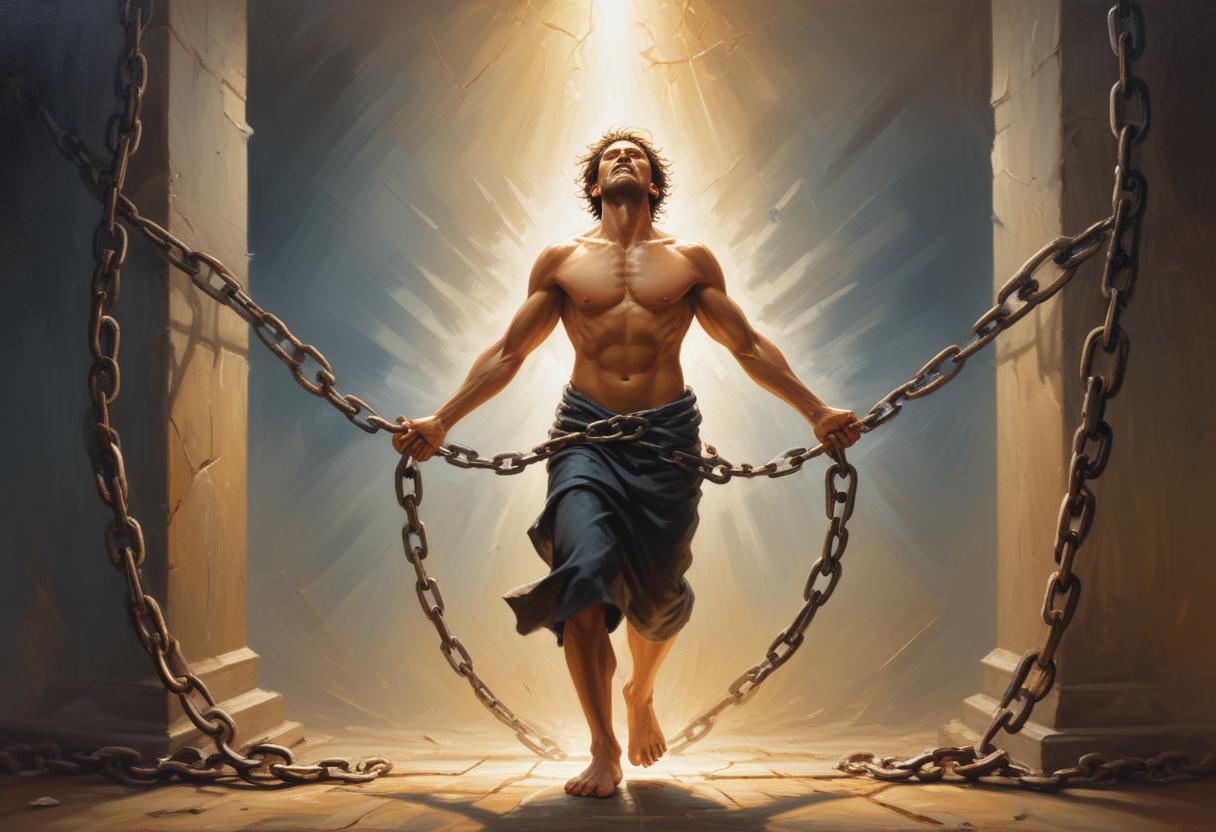
Ekadashi Vrat is one of the prominent fasting rituals in Hinduism which still has its connections to distant past narratives and religious texts. It is performed on the eleventh day of every lunar fortnight in the Hindu calendar known as the vrath or fast of Ekadashi. As per the calendar that is followed, there are twenty four Ekadashis in a year each being different as far as its importance, the associated rituals and the features to be precise. Ekadashi Vrath is said to cleanse the spirit and the physical self and it is thus considered as a method of prayer towards spiritual development.
Ekadashi Vrat is falling on 17th June 2024 this year.
Significance of Ekadashi Vrat
Ekadashi Vrath fast has been in existence for many centuries, and it is prescribed in the religious books like Puranas, Mahabharata, and Ramayana. To elaborate, Ekadashi was initiated by Lord Vishnu who is the god with the power of preserving the Hindu trinity Brahma, Vishnu and Shiva.
Another crucial scripture that speaks about Ekadashi is the Padma Purana which has the narration of the Supreme God in the form of Ekadashi Devi who fought and annihilated a demon named Mura. Mortified by her dedication and endurance, Lord Vishnu promised her that whoever observes fasting on Ekadashi would ‘release from sin and attain salvation’.
Ekadashi is essentially a day of fasting for Hindus, which is also a day when individuals offer their prayers to Lord Vishnu. Originally the term ‘Ekadashi’ signifies the ‘eleventh day’ in Sanskrit language. Thus, performing the Ekadashi Vrath is advocated as ways to rid oneself of sins and take the ‘right path’ to ultimate spiritual uplift and obtaining the boons of Lord Vishnu.
Ekadashi is the day of initiating the fast and Dwadashi is the fast-breaking day Nadiya Arrow or day of observing fast is the most important observation of the fast. Specialists say that the observed food restrictions include refraining from eating grains, beans, certain vegetables and any restricted food. They consist of the total fast of even no water intake (nirjala) or the ones where fruits, milk, and other permitted food items are allowed.
Spiritual Benefits
- Purification of the Soul: One of the most significant belief systems that people commemorate this day is to free the soul from blemishes and sins when one performs Ekadashi Vrath. The day focuses on self- reflection and a positive change of heart by asking for forgiveness. The fast serves here as a sort of atonement where through it devotees are able to confess their sins and to place themselves in a state nearer to the divine.
- Enhancing Devotion: The Vrath emphasises on the worship of Lord Vishnu, which reflects Bhakti. They perform prayers, chanting and rituals which serve to reinforce a follower’s sense of connection with the deity.The bulk of devotees participate in prayers, chanting and other rituals that draw them closer to the deity. It is the day they freely engage themselves in devotion and reflection, focusing on their intention for a higher spiritual purpose and divine blessings.
- Attaining Moksha: In Hindu, a possibility and desire of man is to achieve moksha or, in other words, to attain the state of freedom from rebirth. It is considered especially favourable to practise fasting once a week by observing the Ekadashi fast to help one achieve this state of purity. The Vrath is therefore considered to pave the way in actually releasing one from these karmas and create pathways for the soul to realise its freedom.
Physical Benefits
- Detoxification and Health Benefits: Ekadashi fasting includes abstaining from grains, beans but this not only as a religious practice but it also has health benefits. Fasting also reduces the body’s activities especially those related to digestion of food such as grains and beans which in the process leads to detoxification. It has the ability to cleanse the body of certain substances thus enhancing the health of the body and the vigour of the individual.
- Mental Clarity and Discipline: The act of fasting is best known for teaching people how to abstain from certain things and thus, enhance their temperance. The people need to make sacrifices and strong mindedness when it comes to food and religious practices during the day. Unlike other disciplines that can be followed for just one day a week during the fast, it allows people to gain better control over themselves throughout the remaining time.
- Stress Reduction: Religious aspects like prayer, meditation, and chanting on Ekadashi helps to calm the mind and reduce stress levels. In this way, it enables people to withdraw temporarily from their everyday largely mundane life and immerse themselves more deeply into the religious dimension of existence, thus providing a feeling of a certain peacefulness.
Ekadashi Vrath is, in fact, a most sacred fast which encompasses the Hindu religion in its truest form as it embodies devotion, self control and charity. Indeed it is performed holistically and has an impact on the practitioner at the physical, spiritual, and mental realms. In a way, followers indeed anticipate performing Ekadashi vrath so that they can begin a process of purifying their soul, enhancing the devotion to Lord Vishnu and the process of achieving moksha. This tradition has not been lost in the sands of time as many Hindus follow its teachings in hope of leading a moral and pious life.

